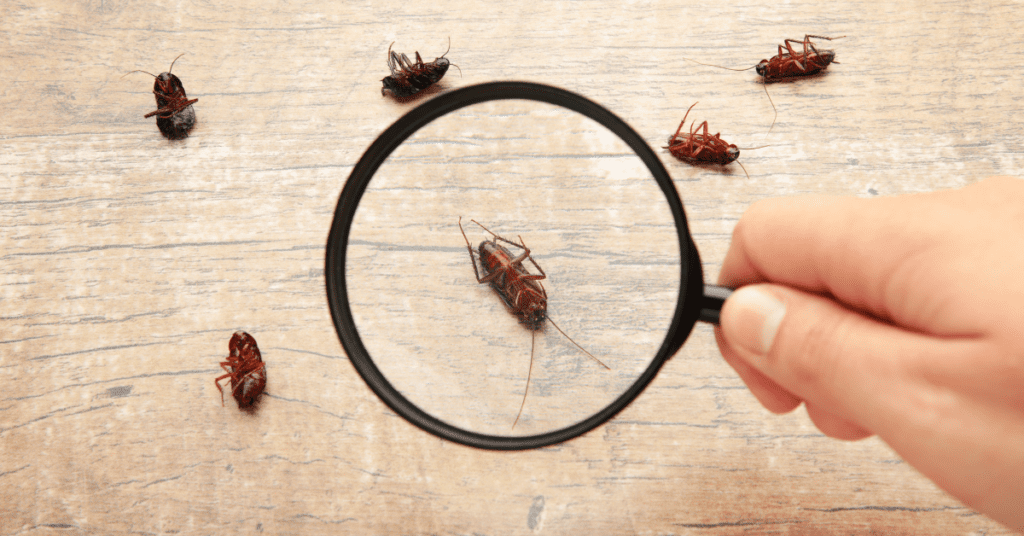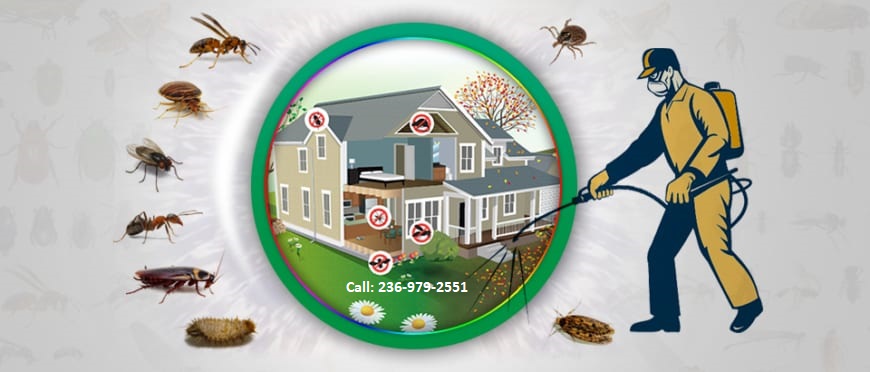Safe and Trustworthy Bug Control for Lasting Protection
Effective pest management calls for a multifaceted technique that balances ecological integrity with the requirement for efficient pest reductions. The nuances of these methods might not be quickly clear, motivating a closer exam of the practices that can lead to sustainable pest control end results.
Recognizing Insect Control Methods
Bug control incorporates a range of techniques focused on managing and eliminating unwanted insects and rats that can threaten both health and residential property. Understanding these approaches is essential for effective insect administration.
The main categories of insect control techniques include mechanical, biological, and chemical techniques. Mechanical approaches involve physical barriers and catches to stop insect access and capture undesirable varieties. For instance, making use of screens on windows or using sticky catches can dramatically lower pest populaces without presenting unsafe materials.

Chemical insect control is frequently the most identified approach, utilizing pesticides to eliminate insects. These chemicals can be reliable however should be used with care to avoid unfavorable effects on non-target types and the atmosphere.
Benefits of Eco-Friendly Solutions
Exactly how can environmentally friendly options change insect control methods? The fostering of environment-friendly bug control approaches offers many advantages, substantially improving the effectiveness and safety and security of bug administration.

Another benefit is the positive effect on regional biodiversity. Environmentally friendly services are created to target specific pests while protecting valuable bugs and wildlife, advertising a well balanced environment. This strategy lines up with the expanding customer need for lasting methods, boosting the reputation of bug control carriers.
Integrated Parasite Monitoring Techniques
The application of environment-friendly remedies naturally brings about the adoption of Integrated Parasite Management (IPM) approaches, which even more boost bug control efficiency. IPM is an alternative technique that integrates numerous methods to handle pest populaces while decreasing environmental effect. This approach highlights making use of organic, social, mechanical, and chemical controls, ensuring a well balanced and sustainable technique of parasite administration.
One basic facet of IPM is the comprehensive assessment of parasite activity and environmental problems. By keeping track of insect populaces and determining their life cycles, practitioners can execute targeted interventions that interrupt the insect's environment or lifecycle, minimizing reliance on chemical pesticides. In addition, social practices such as plant rotation and environment control can considerably reduce bug establishment and recreation.
An additional essential part is the use of organic control representatives, such as beneficial insects or bacteria, which can naturally subdue bug populaces. When chemical applications are needed, IPM focuses on using low-risk chemicals and uses them uniquely, decreasing exposure to non-target organisms and humans.
Incorporating IPM strategies not just boosts pest control efficiency but likewise advertises a more secure environment, aligning with the growing need for lasting methods in bug management.
Safe Practices for Home Owners
Recognizing the importance of safe practices in insect control can encourage property owners to efficiently handle pest issues while guarding their health and the setting. Applying non-toxic techniques and preventative actions is vital in lessening exposure to dangerous chemicals.
Property owners must first examine their setting for problems that draw in bugs, such as standing water, food, and mess waste. On a regular basis cleaning and sealing entry factors can hinder parasites from attacking address the home. Using all-natural deterrents, such as crucial oils or diatomaceous planet, can give effective one time termite treatment options to chemical pesticides.
When chemical treatments are needed, homeowners ought to choose items that are specifically identified as safe for property usage. It is vital to follow application standards diligently to avoid too much exposure. Utilizing targeted treatments in locations where bugs are determined, instead than blanket spraying, can substantially decrease chemical usage.
Last but not least, keeping open interaction with bug control professionals is important. Homeowners need to ask about the safety of items utilized and request green choices whenever feasible. By taking on these risk-free methods, property owners can develop a much healthier living environment while effectively handling pest concerns.

Tips for Long-Term Protection
Establishing an insect monitoring technique that emphasizes long-lasting protection can substantially boost the performance of the safe techniques formerly discussed. To achieve this, property owners ought to execute regular assessments of their property, concentrating on concealed locations such as attic rooms, cellars, and crawl areas. Early discovery of pest activity is essential in protecting against problems from holding.
Additionally, maintaining a tidy atmosphere is essential. This includes appropriate food storage, without delay cleaning spills, and routinely dealing with rubbish. These methods reduce attractants that attract parasites right into the home. Additionally, securing access points, such as cracks around doors and windows, can successfully obstruct prospective pest access.
Landscape design must likewise be taken into consideration; keeping plants cut and preserving a distance between plant life and the home reduces concealing spots for bugs. Using natural deterrents, such as vital oils or diatomaceous planet, can better discourage problems without resorting to extreme chemicals.
Finally, working together with a specialist insect control solution for periodic evaluations can give an added layer of protection. These professionals can provide tailored referrals and progressed therapies, ensuring that your home remains safeguarded versus bugs in the long term.
Conclusion
Finally, reliable and safe parasite control needs a multifaceted approach that emphasizes environmentally friendly click this approaches and incorporated pest monitoring. By applying natural deterrents, carrying out normal evaluations, and keeping correct sanitation, residential or commercial property owners can substantially reduce parasite populations while safeguarding valuable bugs and the environment. Partnership with specialist parasite control solutions improves the effectiveness of these approaches, ensuring customized options that provide lasting defense and assurance versus future problems.
Effective pest management needs a diverse approach that balances environmental honesty with the requirement for efficient pest reductions. The fostering of eco-friendly bug control techniques provides countless advantages, considerably boosting the effectiveness and safety and security of parasite administration.The application of green options naturally leads to the adoption of Integrated Bug Management (IPM) approaches, which further boost parasite control effectiveness. exterminator coquitlam. By checking bug populaces and identifying their life cycles, practitioners can execute targeted treatments that interfere with the parasite's habitat or lifecycle, reducing reliance on chemical pesticides.In conclusion, secure and trusted pest control needs a complex approach that emphasizes environment-friendly approaches and incorporated pest monitoring